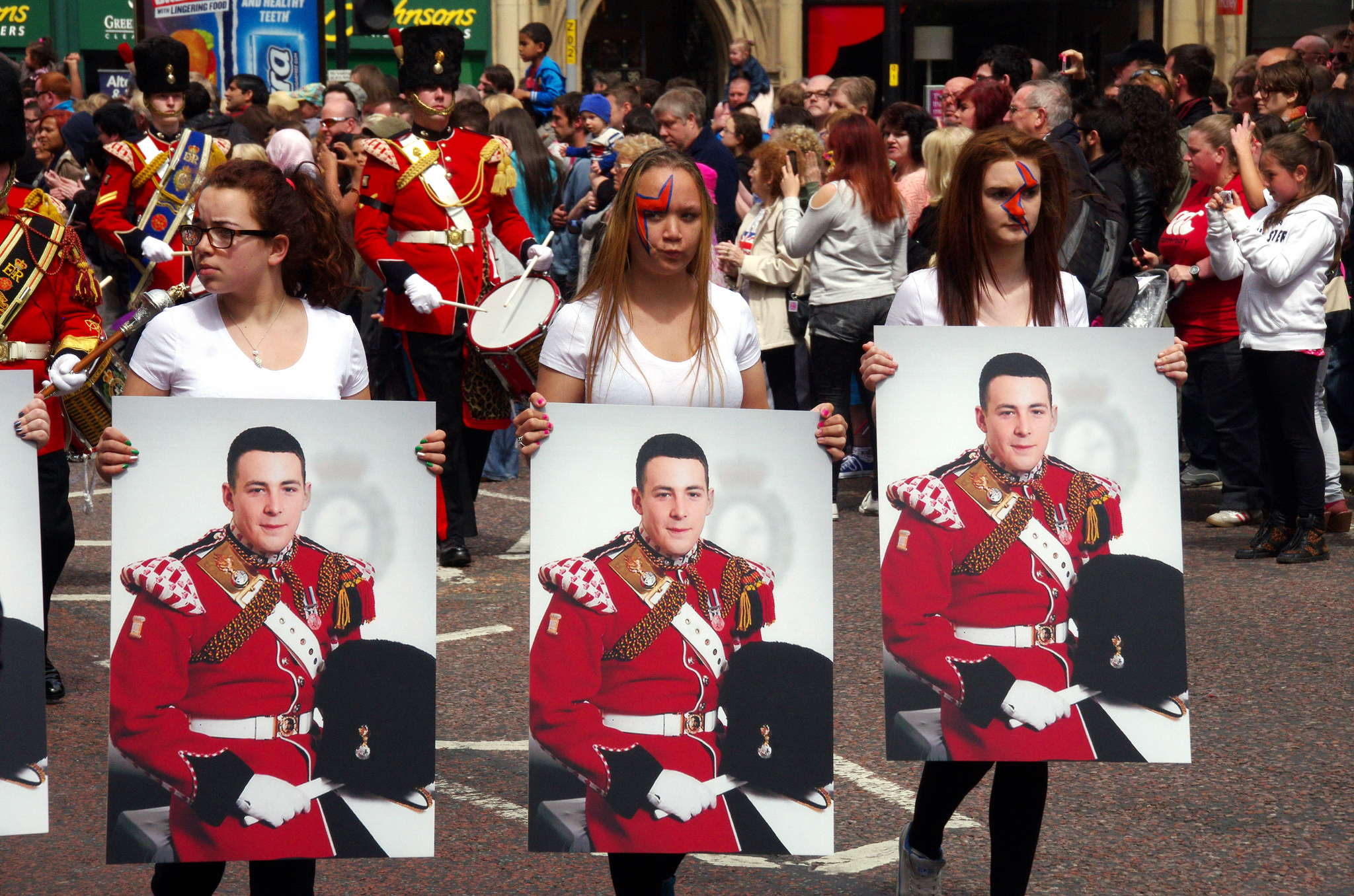A report by the Intelligence Services Commissioner (ISC) has raised concerns over the way UK intelligence services handled allegations that a British citizen was mistreated in custody by Kenyan authorities.
Sir Mark Waller’s report claims that the Secret Intelligence Service (SIS) and the Foreign and Commonwealth Office (FCO) responded “inadequately” to allegations that Michael Adebolajo, now in prison for the murder of Fusilier Lee Rigby in 2013, was subjected to violence after his arrest in Kenya.
Adebolajo, a British national, was arrested by Kenyan police in November 2010 on suspicion of attempting to travel to Somalia to join the terrorist group Al-Shabaab. He was deported to the UK after several days in custody, and claimed in an interview with UK counter-terrorism police that the Kenyan authorities had threatened, kicked and beaten him.
Although the ISC report states that Adebolajo’s allegations were “probably untrue”, and that it was “highly unlikely that [he] was mistreated by any of the Kenyan police or intelligence units which work with [the UK Government]”, it goes on to highlight serious shortcomings in the way the allegations were handled. The report indicates that the SIS did not seek assurances from the Kenyan authorities that Adebolajo had not been mistreated, British consulate officials made little effort to contact him after his arrest, and the FCO did not relay the allegations to government ministers or to its mistreatment panel.
Prime Minister Theresa May told the BBC she would “look carefully at Sir Mark’s detailed analysis of the handling of this case and take steps to address the issues where he has identified shortcomings.”
Why is it important to investigate allegations of torture or mistreatment?

Article 3 of the European Convention on Human Rights (ECHR), which takes effect in UK law through the Human Rights Act, prohibits torture and all forms of inhuman or degrading treatment or punishment, as does the UN Convention Against Torture.
It is clear that these prohibitions apply throughout the UK, and in any other area under the UK’s jurisdiction; but what about acts committed in other countries?
The legal guarantees that exist against torture rely on countries’ commitment to actively rooting out any practices which may fall into the categories of torture or inhuman and degrading treatment. So, in order to ensure the ban on torture is enforced across the world, it is vital that when allegations of torture or mistreatment emerge, they are taken seriously and investigated urgently.
There is no suggestion that any UK intelligence personnel were involved in the mistreatment of Mr Adebolajo. Indeed, Sir Mark Waller’s report casts serious doubt on whether the allegations had any truth to them at all. However, the shortcomings in the UK’s response to the allegations raise serious questions about its commitment to stamping out the practice of torture, and unless lessons are learnt from the findings of the ISC’s report, serious human rights abuses may be committed in the future.
Read the full ISC report here.
For more information:
- On the prohibition against torture and why it matters, check out RightsInfo’s explainer.
- Learn about freedom from torture, inhuman and degrading treatment and punishment with our infographic poster.
- Read about the problem with using evidence obtained by torture.







